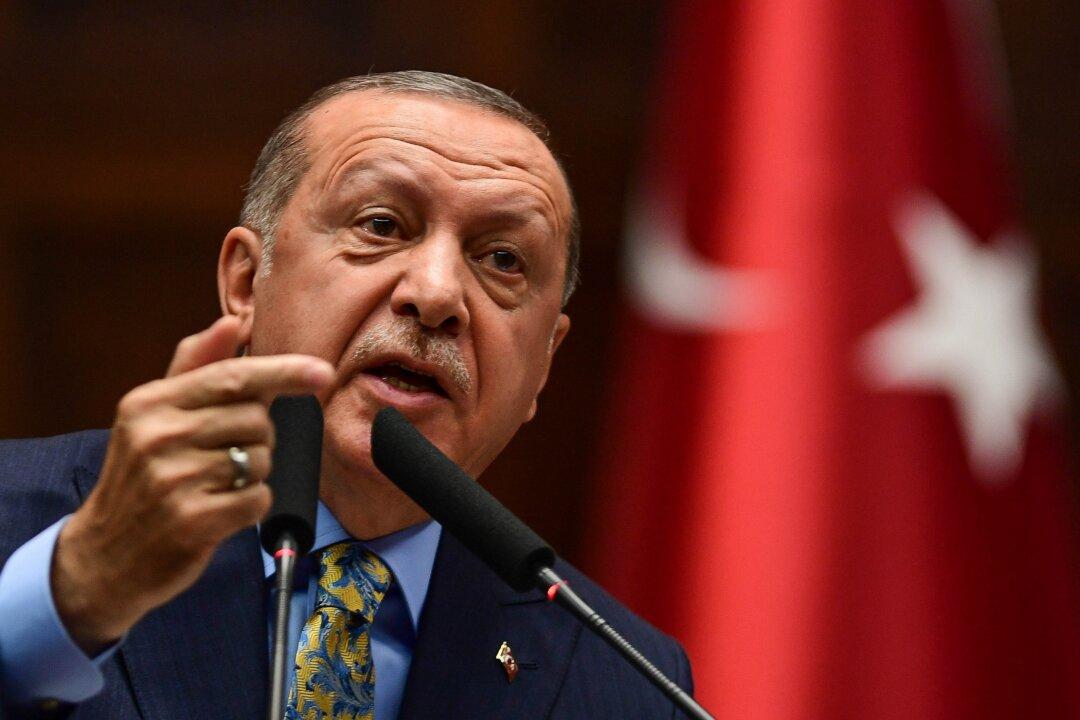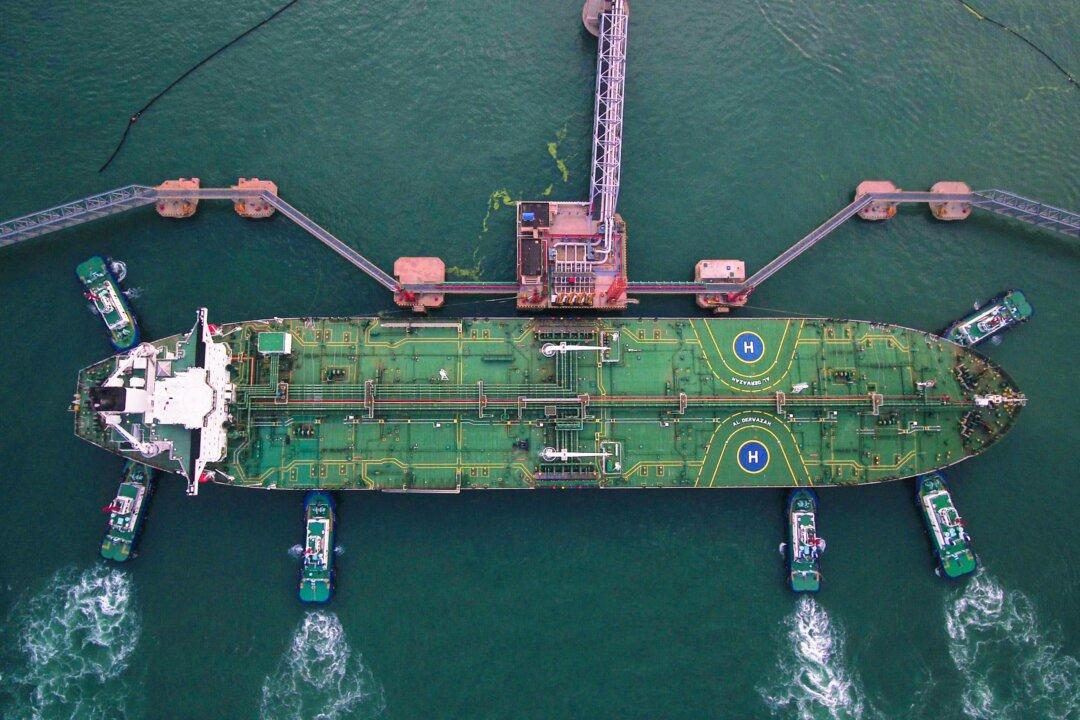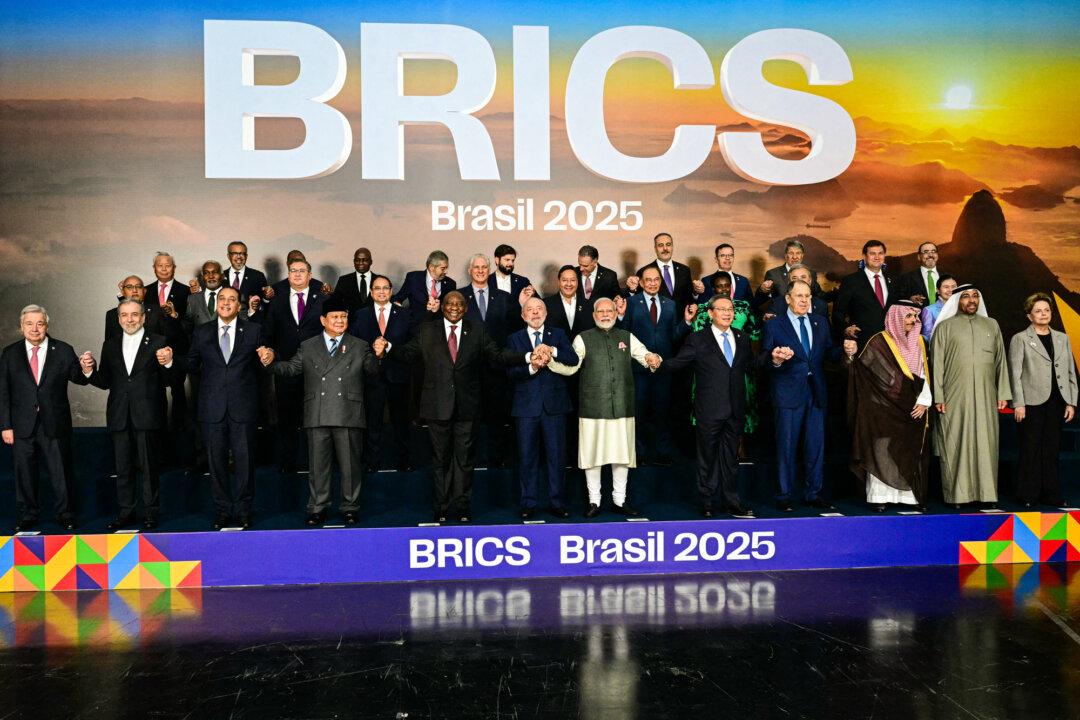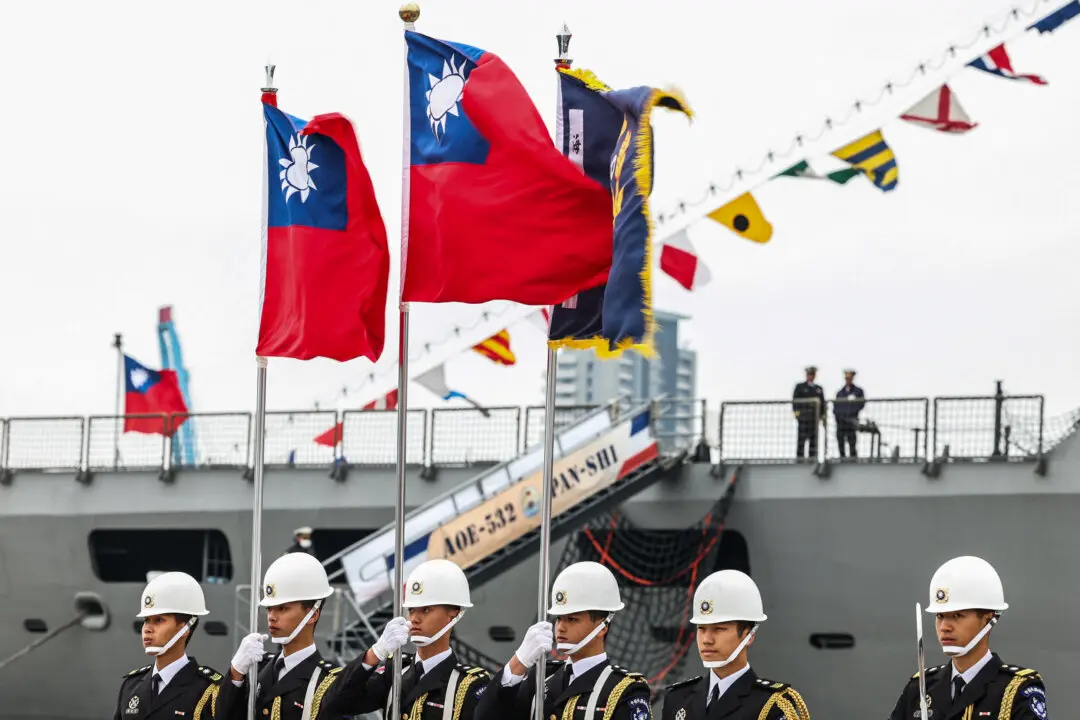Donald Trump’s approach to foreign policy is less than subtle. It has been said that wherever he—the bull—goes, he brings his own China shop with him. But in some cases, like Turkey, it has an advantage: Everybody knows where they stand.
A Deteriorating Relationship
It’s no secret that relations between Turkey and the United States have deteriorated over the years. U.S. interests are increasingly at odds with the direction Turkey has chosen. A recent example was to go forward with an arms deal with the Russians. As a result, American officials have confronted Ankara with an ultimatum: Should Turkey buy the Russian S-400 missile defense systems and continues its war against the Kurds, it will revoke a previously approved sale of F-35 fighter jets to Turkey.
But this is just the latest of many disagreements. Back in 2016, after a failed coup attempt in the country, Turkish authorities arrested Andrew Brunson, an American Christian minister, charging him with espionage and having terrorist connections. In response, the Trump administration applied sanctions and worked with Israel to arrange a prisoner swap to secure Brunson’s eventual release. The sanctions stayed in place, however, severely damaging Turkey’s economy.
Another pain point in the U.S.-Turkish relationship is Turkey’s overt support for Venezuelan dictator Victor Maduro. This puts Ankara on the same side as Russia and China against America’s backing of opposition leader Juan Guaido.
Israeli relations are also on the downside. Although Turkey and Isreal once enjoyed a mutually beneficial strategic relationship, Turkey’s growing Islamism has made it a growing threat to the Jewish state. As the former seat of the Islamic caliphate and the Ottoman Empire, Turkey has turned its formerly secular government back toward its muslim roots. This alone does not bode well for the relationship. Ankara’s support of Hamas in Gaza, undermining Israel’s security, only underscores that fact.
What’s more, Turkey’s economy remains in a shambles due in part to U.S.-imposed sanctions. It undoubtedly views the vast new oil discoveries off the coast of the Turkish-occupied part of Cyprus as a much-needed source of wealth. But Turkey’s potential claim on Cypriot oil fields is not recognized by any other country. Israel has recently convened naval exercises, signaling its intention to defend its claim on the fields. This will likely prove to be a source of national security tension for both countries.
Selling more arms to an adversary of America’s closest ally in the region, if not the world, is neither a wise nor a sustainable strategy.





